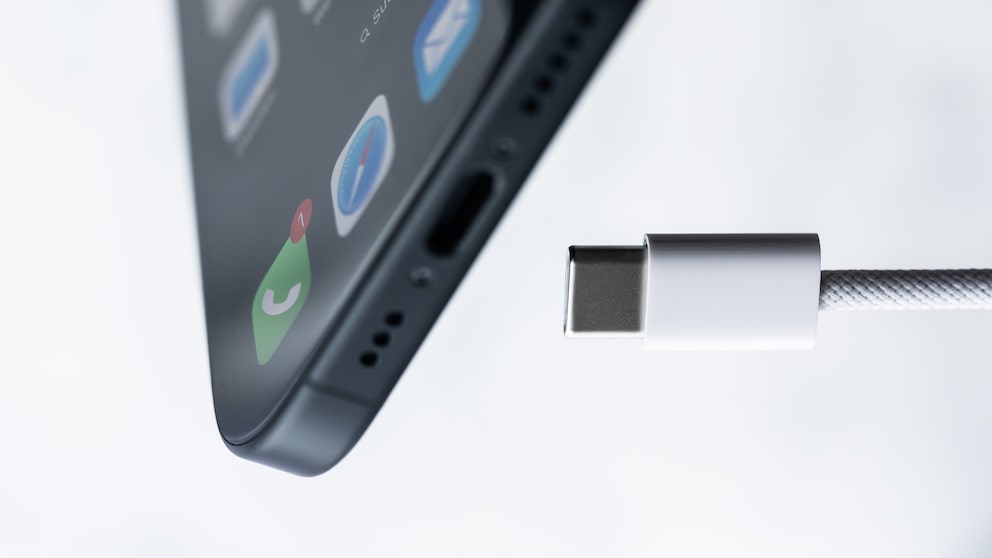April 16, 2025, 11:05 am | Read time: 3 minutes
Under its Beats brand, Apple is selling new accessories both in its stores and online. However, the price is steep, especially considering the outdated technology inside.
As previously leaked, Apple has now released charging cables with Beats branding. This means the company finally offers colorful and durable alternatives to its plain white cables. Additionally, there is now a cable option for users with older power adapters for the first time.
Additional Cable Version Only from Beats
The Beats brand is increasingly becoming an accessory manufacturer for Apple devices. In addition to the classic speaker and headphone business, smartphone cases have been part of the offering since the iPhone 16. Customers can now purchase charging cables in various lengths and colors both at Apple and through the Beats website.
While Apple has been offering its own USB-C cables since the introduction of the 12-inch MacBook in 2012, there was previously no option for owners of older power adapters with a USB-A port. Only USB-C to USB-C and USB-C to Lightning were available from Apple itself. The new Beats charging cables change that. Customers can now choose from three different types of cables:
- USB-C to USB-C
- USB-C to Lightning
- USB-A to USB-C
The Beats cables are also available in four different colors: Power Black, Energy Gray, Turbo Blue, and Lightning Red. However, this only applies to the 1.5-meter version of the cables. The shorter 20-cm version is limited to the color Power Black.
Regardless of length and color, all cable versions cost 24.95 euros individually. The two-pack with two identical 1.5-meter cables is available for 38.95 euros. However, the offer is only available for the color Power Black and the versions USB-A to USB-C and USB-C to USB-C. USB-C to Lightning cables can only be purchased individually.

Apple Relaunches Its Affordable Smartphone Range with the iPhone 16e

Apple stops selling adapters and removes important iPhone function

iPhone 16 Pro — Features, Benefits, and Rating
Beats Cables Still Only with USB 2.0
The Beats cables align their pricing directly with conventional Apple charging cables. These also start at 25 euros for the 0.5- and 1-meter versions. At least the Beats products have a braided sheath, making them significantly more durable. While Apple’s USB-C to USB-C cable is now also sheathed, the USB-C to Lightning version is not.
The Beats cables support fast charging with a maximum of 15 watts (USB-A to USB-C) and 60 watts (USB-C to USB-C). All versions are suitable for data transfer but are limited to the outdated USB 2.0 standard with a maximum of 480 megabits per second (Mbps). This is fine for the iPhone 16 and 16 Plus, which both only support USB 2.0. However, for Pro iPhones, MacBooks, and smartphones and laptops from other manufacturers, this is far too slow for data transfer in 2025.
Those who want to take advantage of the fast storage in iPhone or MacBook must therefore resort to Apple’s even more expensive Thunderbolt 5/USB-C cable. The cable starts at 79 euros for 1 meter and costs up to 179 euros for 3 meters.
Fortunately, there are numerous third-party alternatives that are significantly cheaper and offer better technology than the Beats cables. Anker and Ugreen, for example, offer 1.8-meter cables with a braided sheath with 240-watt charging power and USB 3.2 data transfer for just under 20 euros.

